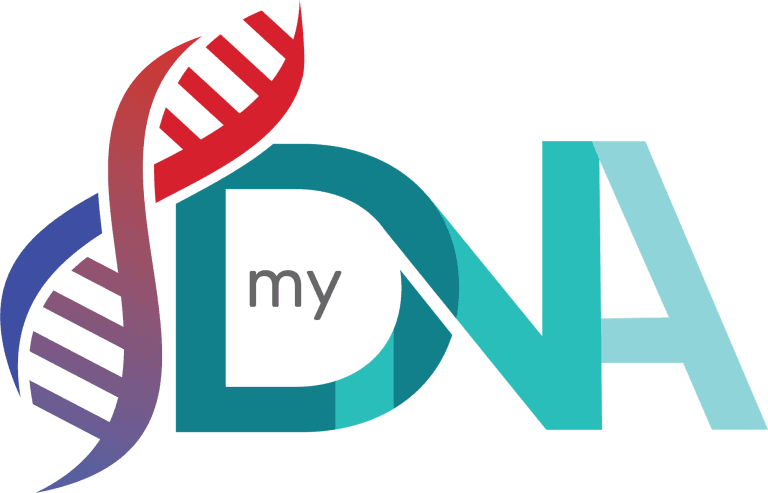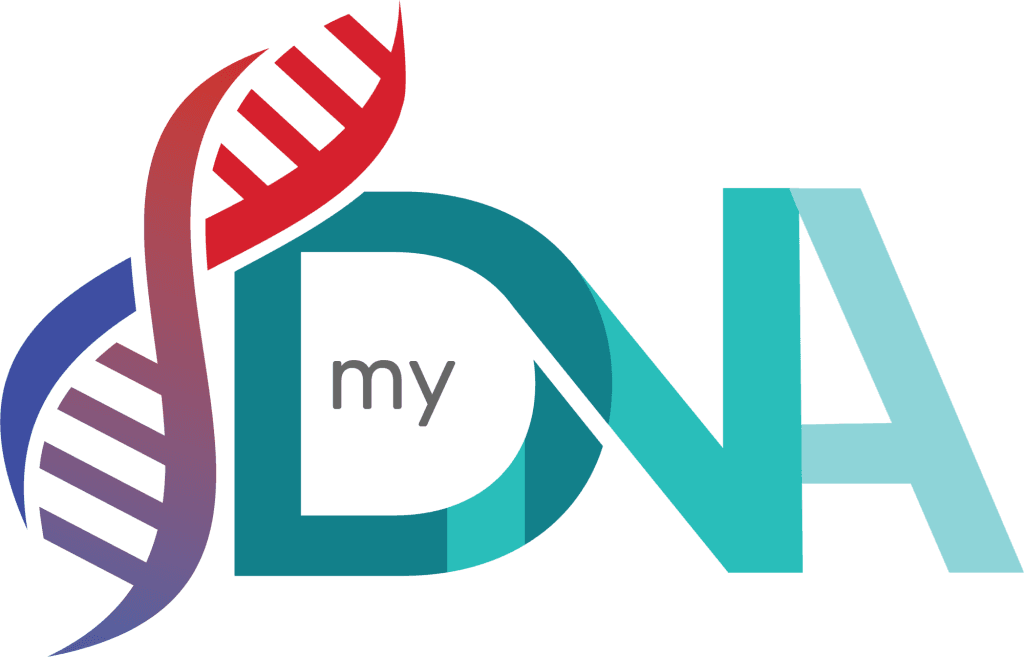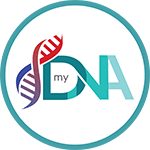Founded in 2014, Genoplan is Korea’s first direct-to-consumer DNA testing company, making a significant mark in the Asian market by addressing the lack of genetic data and services specifically for Asian populations. The company specialises in delivering detailed health insights through genetic analysis, helping individuals understand their susceptibility to various diseases, traits, and medication responses based on their DNA.
What distinguishes Genoplan is its holistic approach to genetic testing. It offers over 500 reports covering a wide range of health topics, including cancer risks, common diseases, and personal traits. This comprehensive scope gives users an in-depth understanding of their genetic health, empowering them to manage their well-being proactively. Genoplan’s tests are designed for easy at-home use with simple saliva samples, and results can be accessed through a user-friendly platform, ensuring a convenient and seamless experience.


